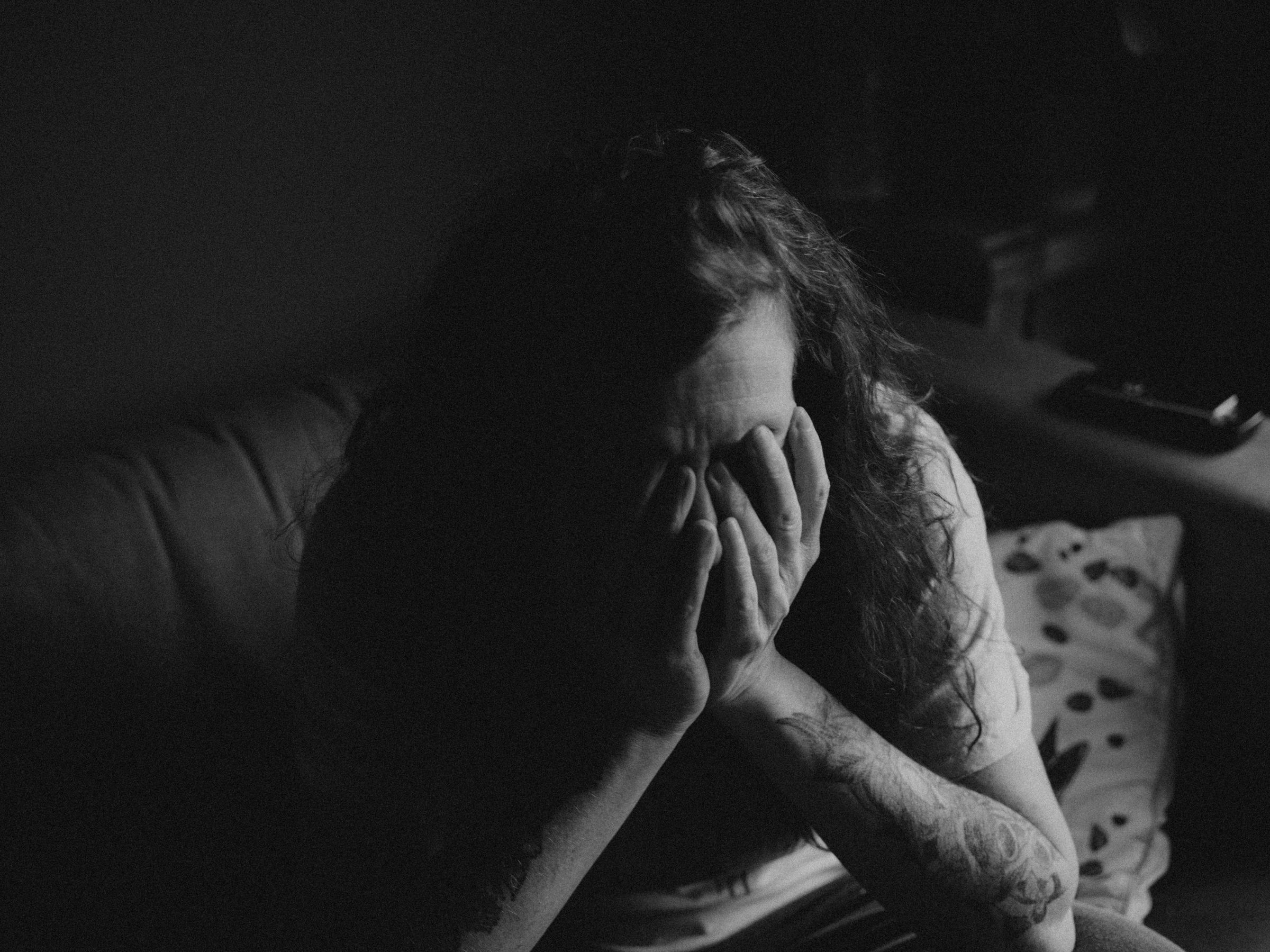Nicola Grant on how women are treated under a capitalist system of healthcare through sharing her own journey

Endometriosis is a long-term condition where tissue similar to the lining of the womb grows in other places, such as the ovaries and fallopian tubes. It is an extremely painful condition which may necessitate surgery and afflicts approximately 6–10% of all women of reproductive age. According to one recent study, “despite reporting symptoms, women wait around 11 years before receiving a diagnosis, further interfering with their mental and physical health”.
Nicola Grant has lived with endometriosis for most of her life starting with when she was young having extremely heavy periods and agonising pain that no one seemed to understand. She was told repeatedly that it was “just bad periods”. It was not.
Eventually, Nicola was admitted to hospital where she underwent a laparoscopy and a laparotomy. Nicola recalls how one doctor made her feel completely dismissed like she was exaggerating and wasting their time. Thankfully she was later seen by a more experienced doctor who actually listened to her, and she believes that saved her.
They detected a growth the size of a golf ball, tangled and attached to multiple organs and too large to be removed by keyhole surgery. Nicola had to undergo a full surgical procedure, which gave her temporary relief, but that was not the end of the story. Endometriosis does not go away. Since her initial diagnosis and operation Nicola has suffered a rollercoaster of hormones, operations, pain, and sheer frustration.
She has gone through menopause twice due to injections of the hormonal drug Zoladex. She has had another endometriosis growth on her rectus abominus muscle, which causes horrific pain. Nicola was prescribed Zoladex, again, which helped briefly, but as a result she was removed from the surgical list as if the problem was solved. No follow up. No ongoing support. Just taken off the list.

Nicola says she continues to suffer severe pain and is aware that something inside her is still growing and causing harm. Endometriosis is not “just a bad period”. It is a life altering condition with chronic pain, hormonal chaos, and the mental health toll often with no proper support.
Ms Grant is sharing her experience for every girl and woman out there silently suffering. For every person who is being told “it’s normal” or “it’s just part of being a woman”. It’s not. We need to fight for faster diagnosis. We need better treatment options. We need more awareness. We deserve to be heard.
For Nicola this is not just a personal issue, it’s also a political one. Under a capitalist healthcare system, women’s pain is often deprioritised, especially when it’s invisible or long-term.
Endometriosis in working class women, who cannot pay, is ignored, while private clinics thrive. In Northern Ireland, at least three private outfits offer treatments. One private UK clinic asks £7,000-£14,000 for a laparoscopy, which places it outside the budget of most working-class women. In January this year Laurene Agnew, a mother of two from Northern Ireland's told UTV how she had been let down so badly by the health service that she had no choice but to raise money to fly to Romania for an endometriosis operation. She outlined her hopes that the health service could have a more joined up approach to dealing with this issue to help others, saying “we need a multidisciplinary team to deal with endometriosis. They have it in England and a lot of people in Northern Ireland do not understand - we are not all the one”.
For Nicola, that is why the values of the Workers Party are so important. They fight for a public funded healthcare system based on medical need not profit. Socialism means dignity, equality, and a health care system that does not leave women in pain for years on end. It means putting people before private interests, and that is exactly what endometriosis sufferers deserve. Women’s health must not be ignored and compromised. We need an NHS that is responsive to our needs. The Workers Party Women’s Committee will be carrying out an awareness raising campaign on how women’s health is never prioritised.
